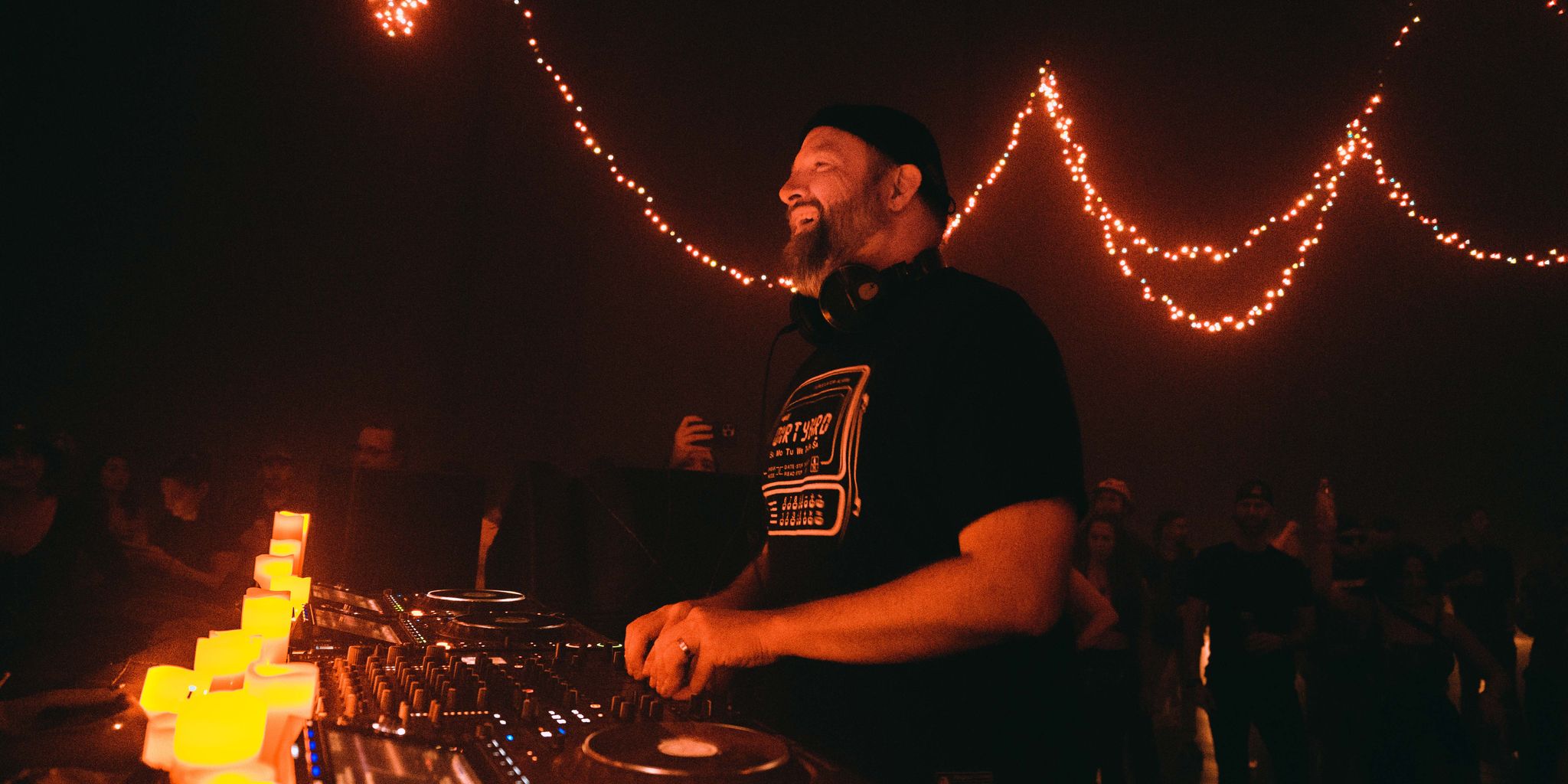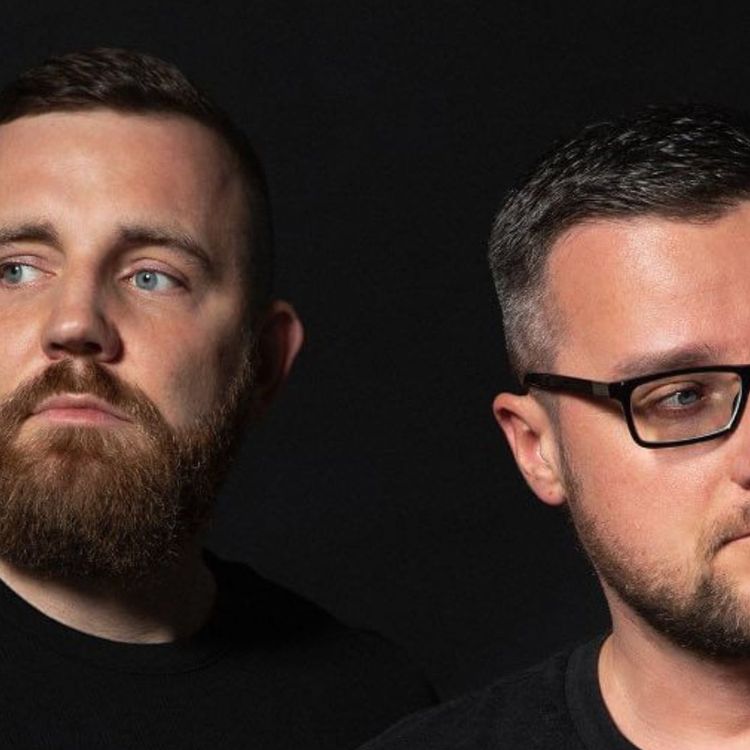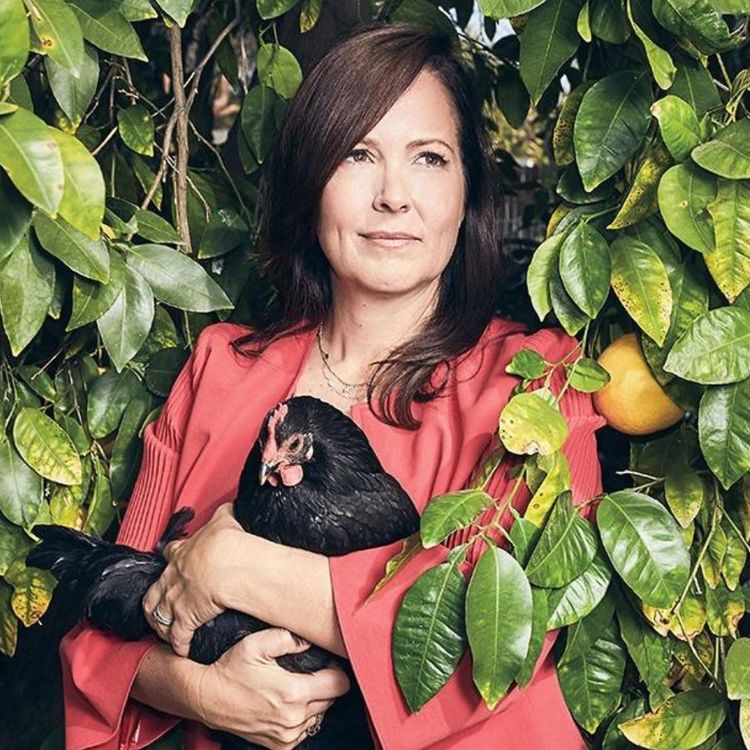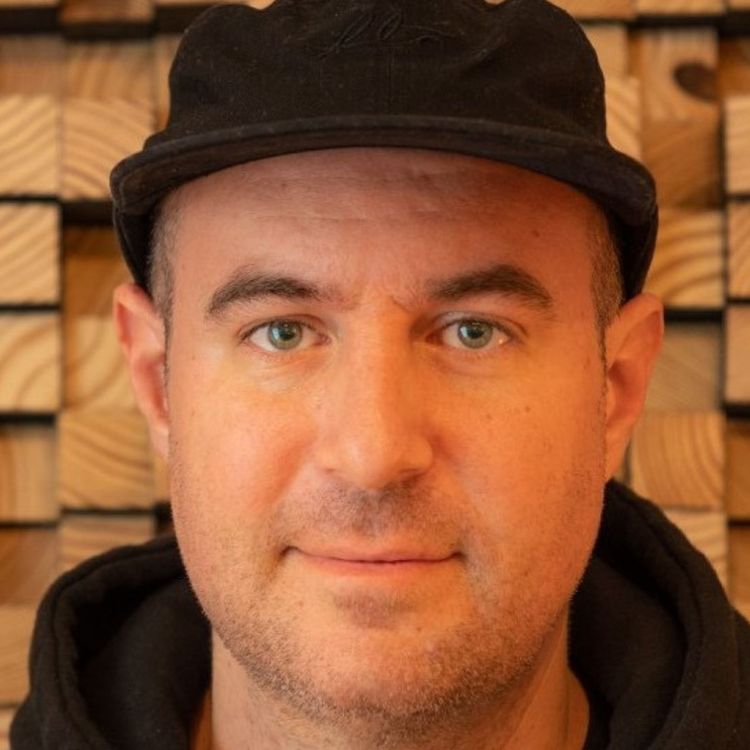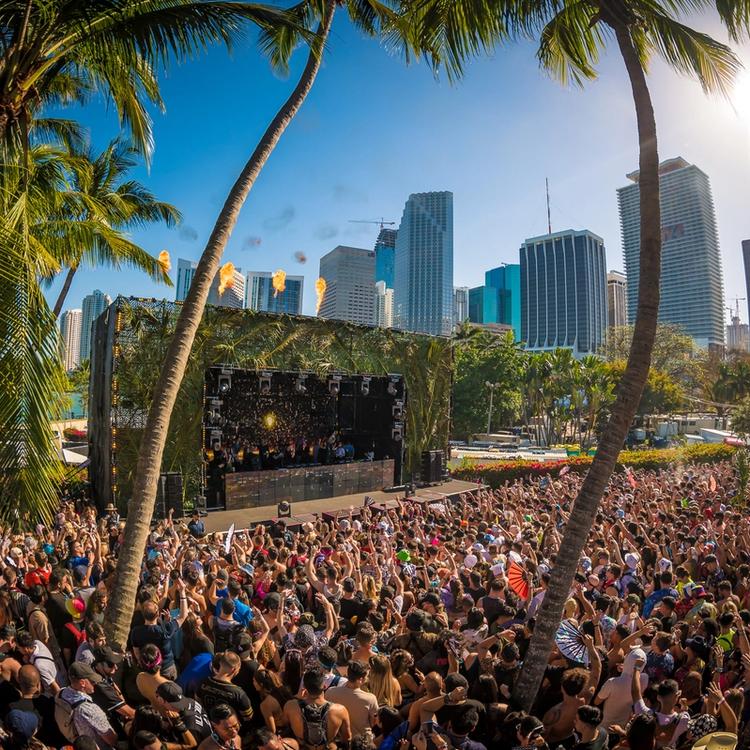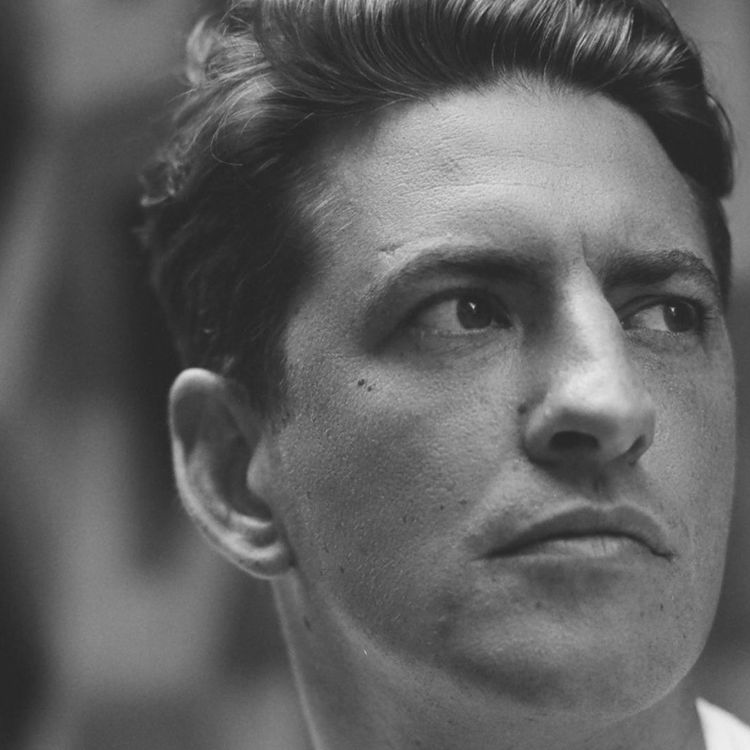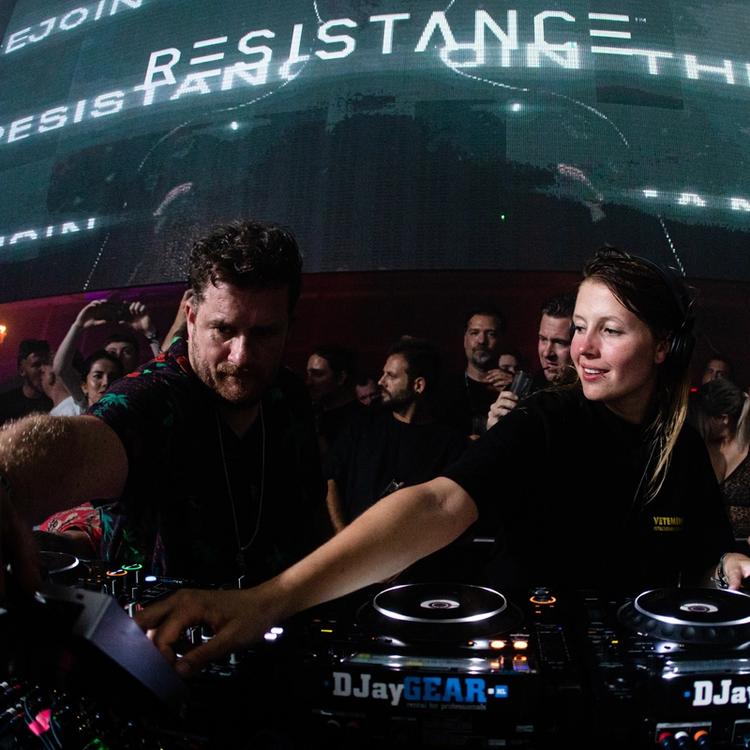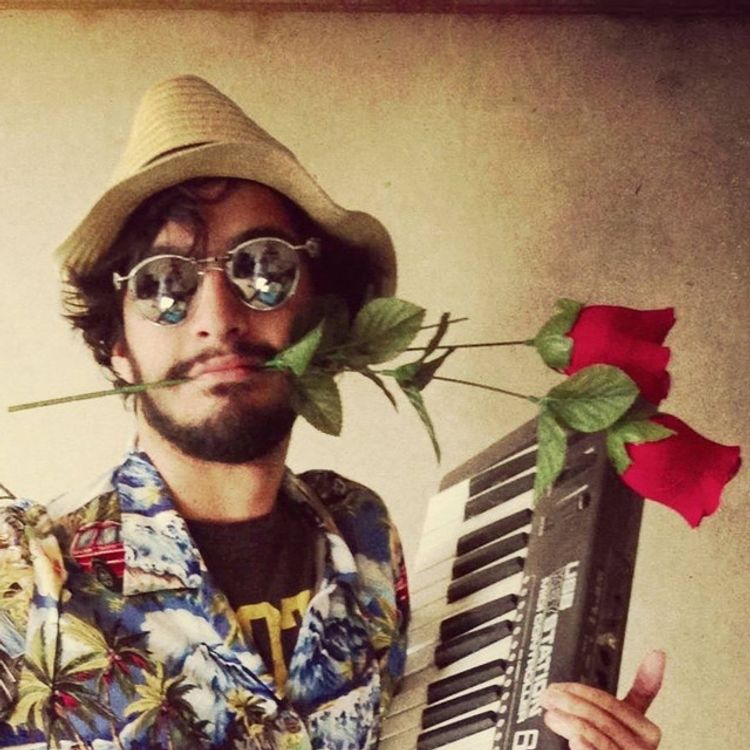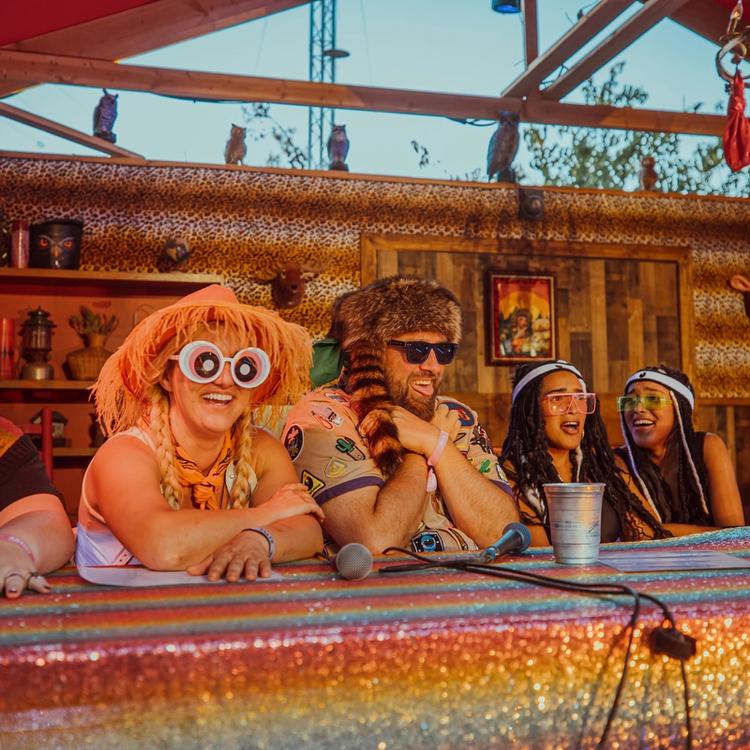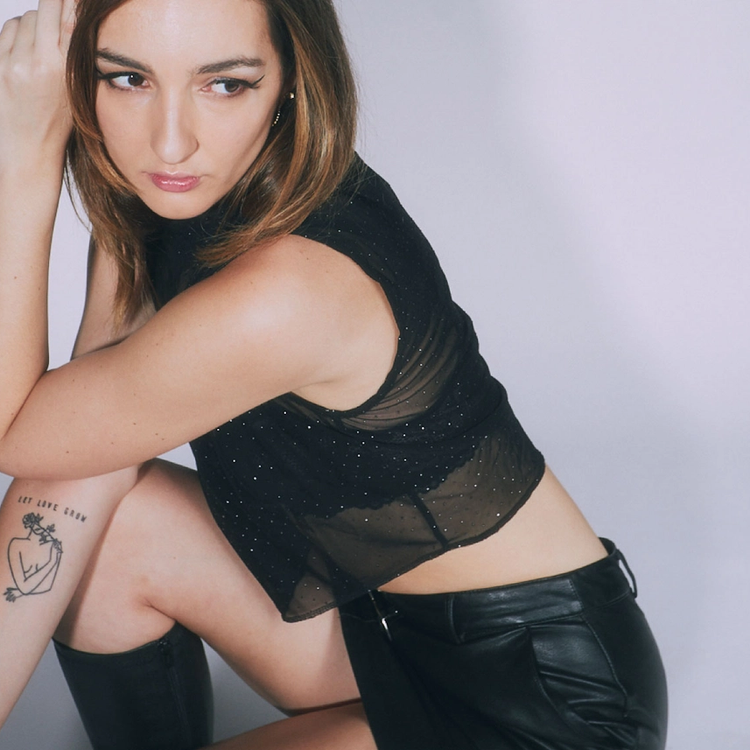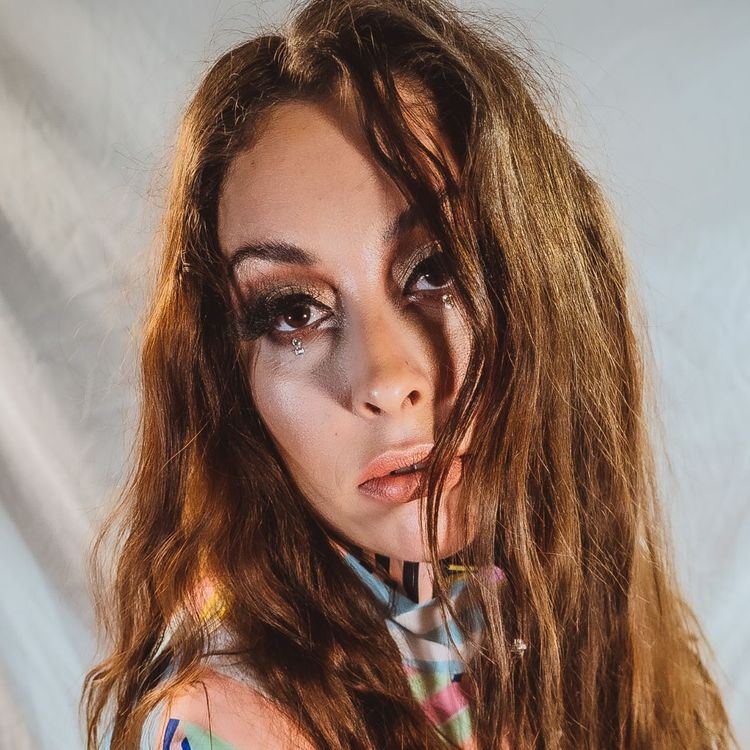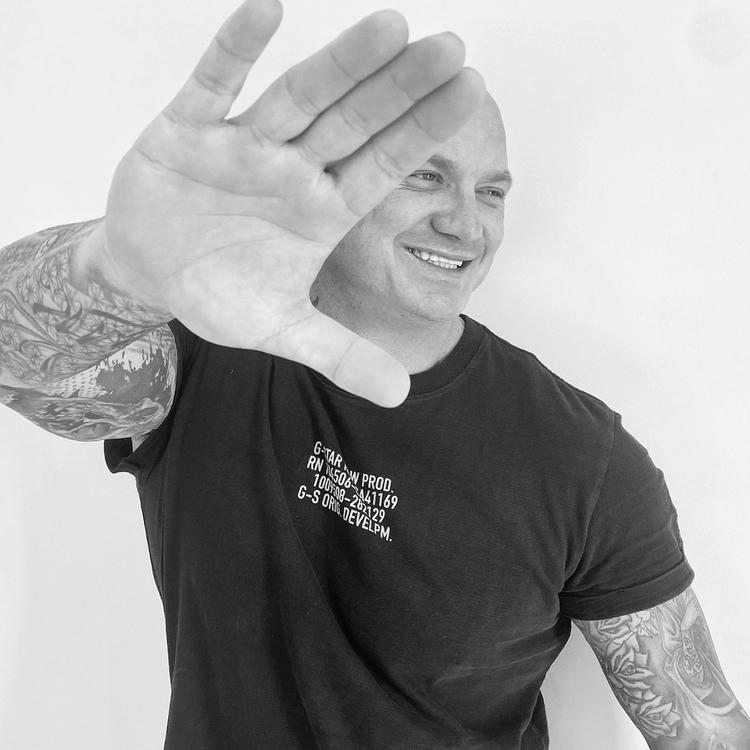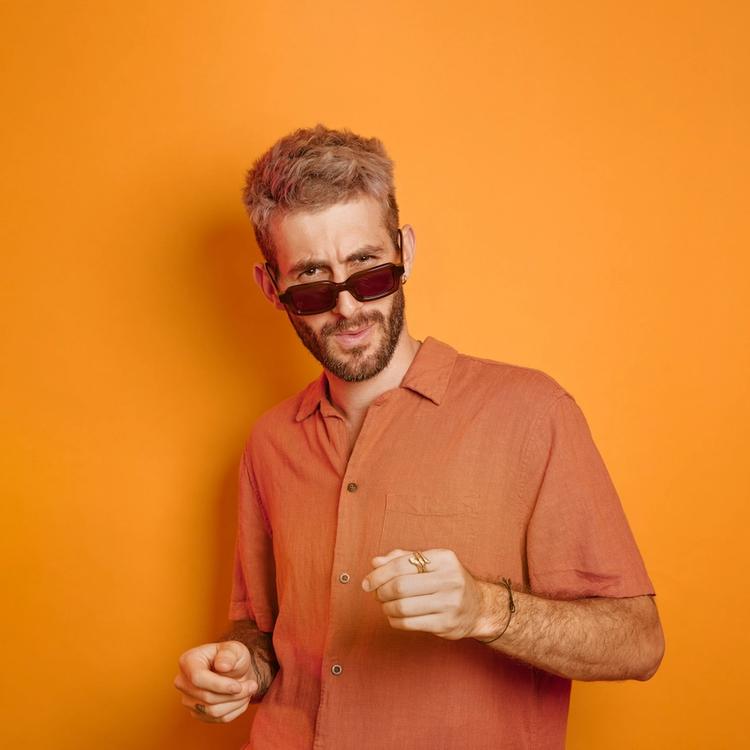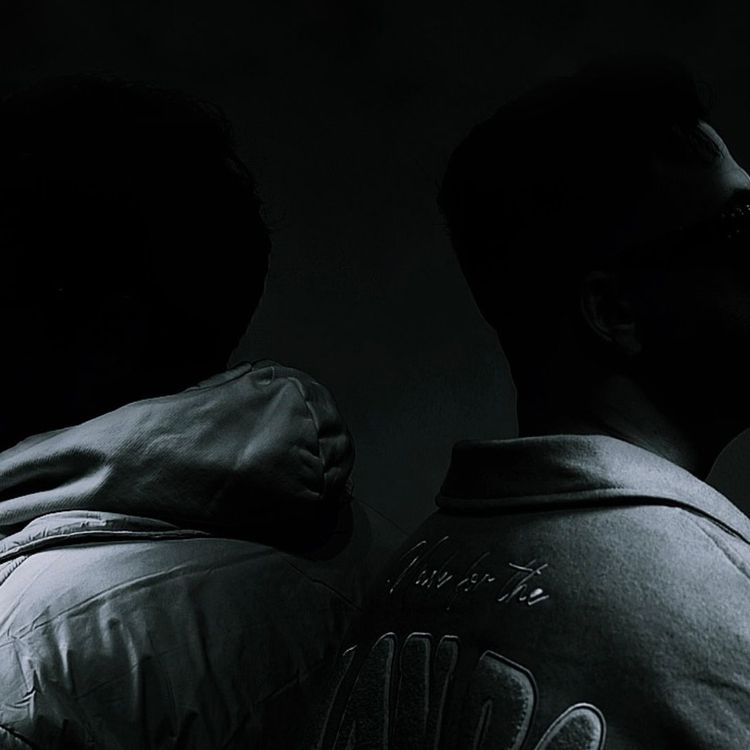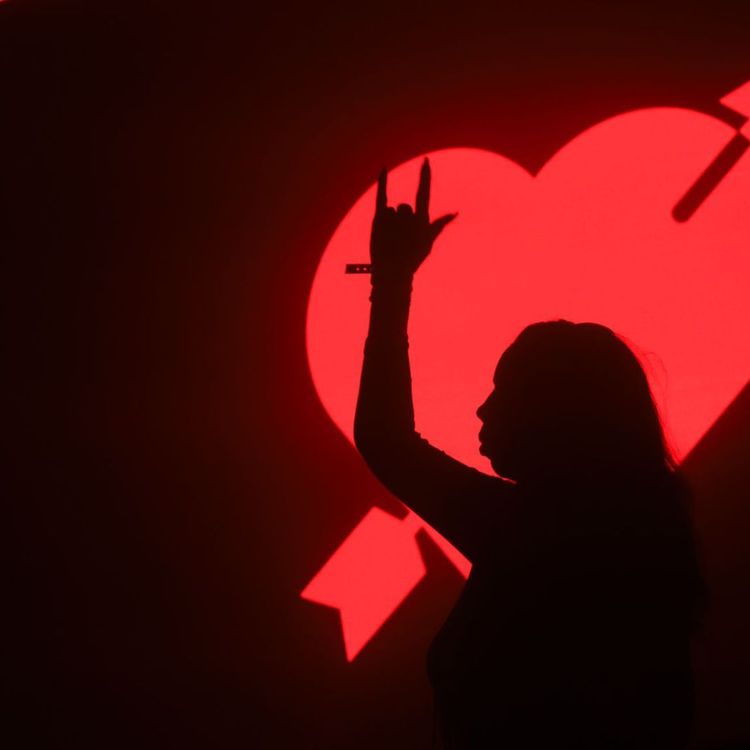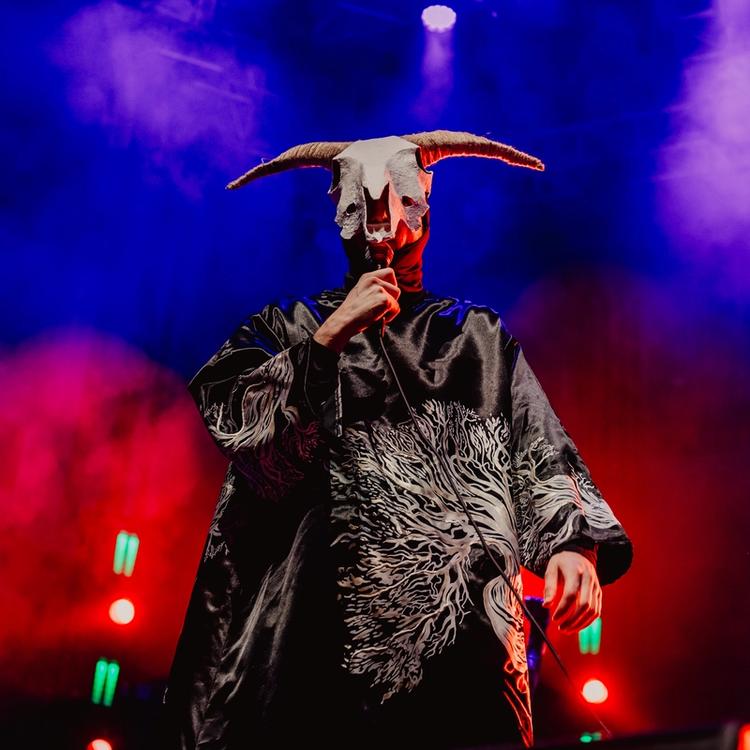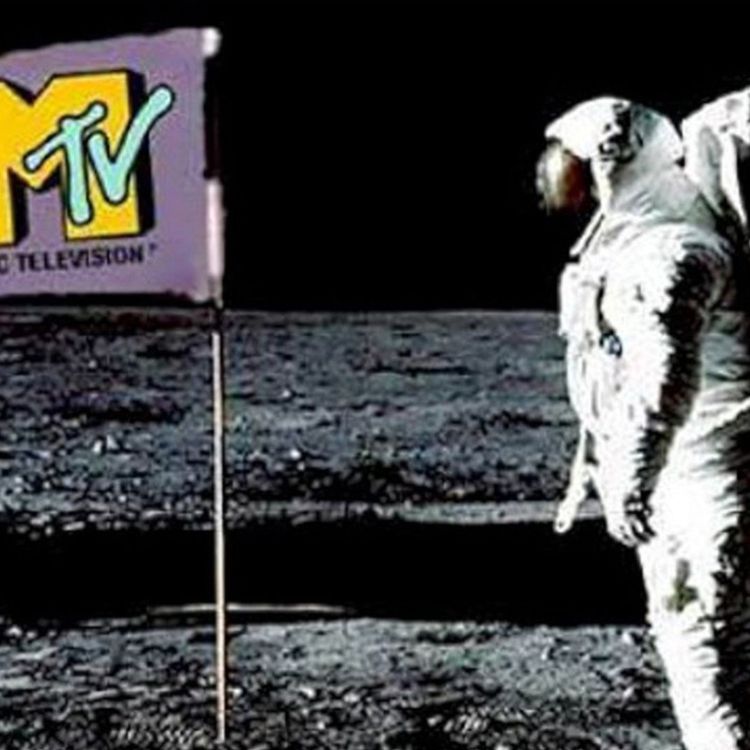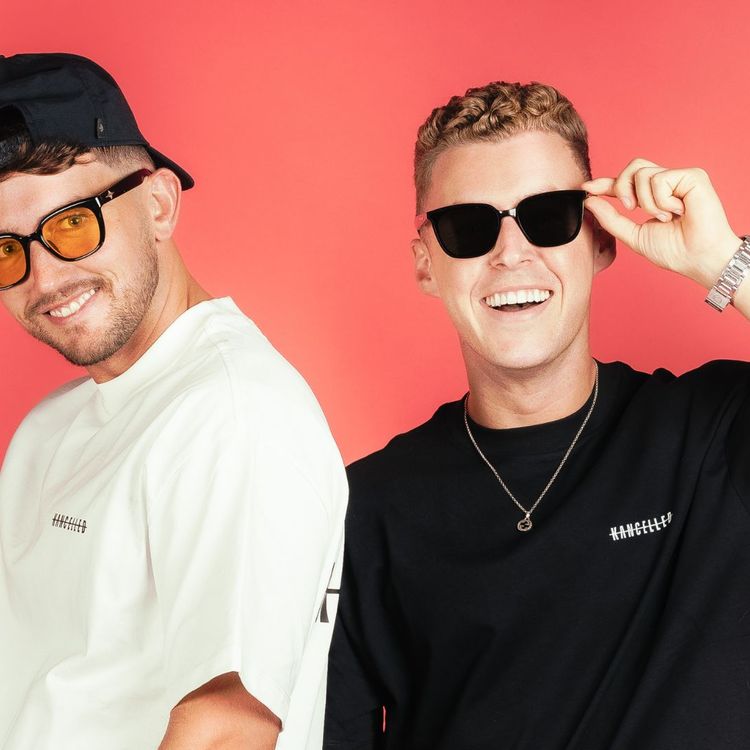[Interview] Claude Von Stroke Reminds Us Why We Dance
On Saturday, July 16, Claude Von Stroke—aka Barclay Crenshaw—brought his Your Dad Plays Great Music Tour to an unassuming secret warehouse in Oakland.
It seemed perfectly appropriate for the tour to stop where his journey in dance music coalesced. "I came to the Bay from Detroit in 1999, and it opened up my mind to new levels of creativity, community, and fun that I was not able to find in Detroit at that time," Crenshaw remembers about his 15 years in San Francisco.
After a decade and a half of running the stalwart label and releasing groundbreaking music, the head of the Dirtybird flock has ascended to legendary status in dance music. And while he's grown to be a staple on the massive stages of the festival circuit, he seemed perfectly in his element in a tiny DJ booth at the center of a dark and dingy warehouse just a few miles from where he first lived when he moved to the Bay Area 23 years ago.
The limited engagement tour sees him playing open to close sets and trading larger-than-life production for the simplicity of the old-school rave aesthetic. It's just a DJ and his records all night long with plenty of time to build the vibe.
We arrived early to the nostalgic thump of the bass through the walls of the warehouse. Crenshaw stood in a simple DJ booth at the center of the room, beaming from ear to ear, lit only by a cadre of electric votive candles, the cool LED glow of the CDJs and a few strands of white Christmas lights.

Claude at Radius Chicago
Blazej Zalewski
From the moment the doors opened for the night, he was establishing a relationship. When the DJ booth is that close, it feels like you're dancing with the DJ. It solidifies the connection and democratizes the dancefloor. The DJ is our guide for a night of musical exploration. However, he's also one of us.
"This is the best tour I've ever done simply because the pressure is off to play all my bangers in 90 minutes," Crenshaw tells Gray Area. "I can really explore all my favorite music from deep cuts to breaks to bangers to tech house and techno. I get into the funk, the jungle, all kinds of stuff… I can create a mood of camaraderie with the audience all night long when we are on a mission together. We are all there as a community having fun without all the pressure of busting it all out in an hour."
While a frenzied hit it and quit it festival set doesn't leave much room for musical worldbuilding, the open-to-close is a true test of the skills of a selector. Crenshaw took the challenge in stride, building from cool and funky deeper cuts as the dancefloor filled up to brutal sub-thumping techno as the feeling of a full-on rave began to take hold. There were moments of transcendent melodic bliss, growling bass-fueled euphoria, and times when the entire crowd felt like we moved as one collective unit.
When he dropped "Jolene," his collaborative hit with Green Velvet, there wasn't a person in the room who wasn't singing along to the quirky lyrics. And when the wonky synth line from an ID he's been playing from Dirtybird up and comer (and San Francisco local) n808 shook the warehouse walls, the dancefloor exploded. As he flawlessly moved from the syncopated Latin rhythm of "Cubism" by Davide Squillace to the pumping groove of "Strike" by Realsortis and the funky minimal shimmy of his debut on Sven Vath's Cocoon, "Moody Fuse," hundreds of us raged around the DJ booth. It was giving Boiler Room, but make it Oakland.
Being at the center of an entire night of memorable moments is a massive responsibility. And while there's a beautiful spontaneity to a well-curated DJ set, there's also a lot of preparation.
"The way I prepare is by creating tons of genre folders of music and then drifting between the folders as I read the room. Sometimes I feel like the room will respond to really latin vibes or really hard techno vibes or really bassy vibes - I'm super prepared for anything."
But beyond the masterful DJing, there was something almost spiritual at work. Without the spectacle of cryo blasts, LED screens, and light shows, we returned to what brought us all into this community in the first place: the love of music and movement. It was beautiful to see so many people dancing.
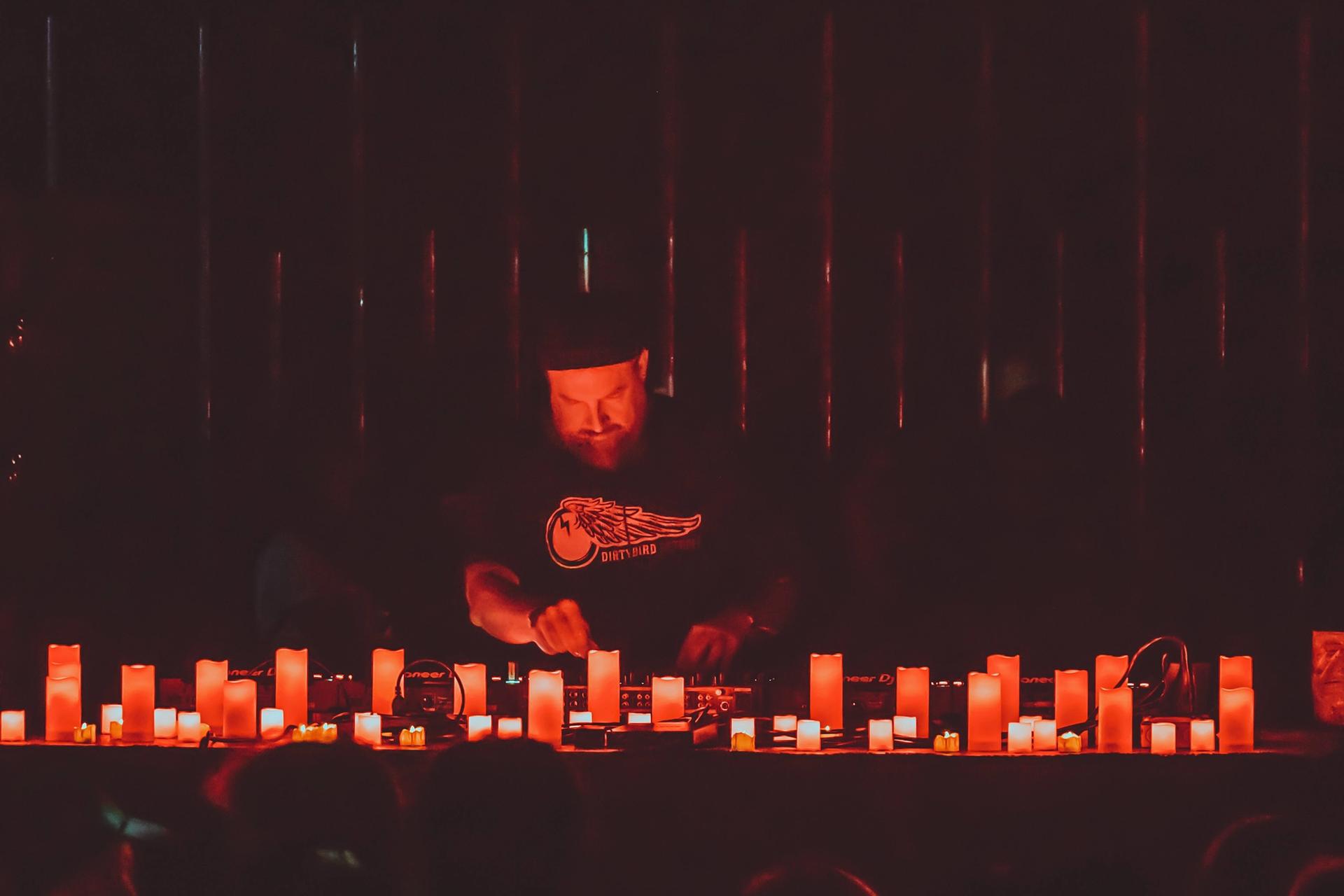
Claude at Walter Where? House Phoenix
Peter Speyer
And when I ask Crenshaw how being so close to the dancers changes the energy of the performance, he says, "You called the people 'the dancers' instead of 'the fans.' That's kind of the key difference. At a festival 'the fans' are there raging for a short burst of time, but at these all-night warehouse shows people are there to dance. It's not all about me. It's about actually dancing and experiencing the music. It's not just fist pumping. Its grinding, stepping, shuffling, spinning, and enjoying life. "
It's not hard to understand how impactful a night like this is for the Bay Area community (and Crenshaw). Dirtybird hatched in San Francisco. Before there was Campout, there were free Dirtybird parties in Golden Gate Park and quarterlies at Mezzanine. The singular energy in the room rivaled the feeling of camaraderie in the early days, and Poppa Claude was always at the helm.
"I lived in Lower Haight during a real golden era of house and jungle where lots of people were DJing just for fun and starting labels," he says. "We were outcasts at first but then eventually won the city over and I will never ever forget my amazing time living in the Bay for 15 years and starting Dirtybird hand stamping vinyl on the floor of my studio apartment on Belcher Street."
